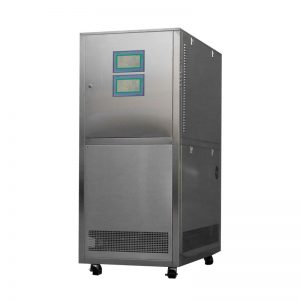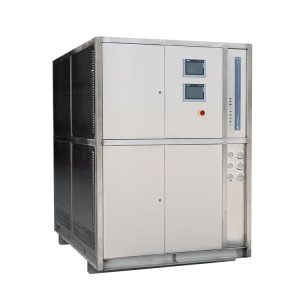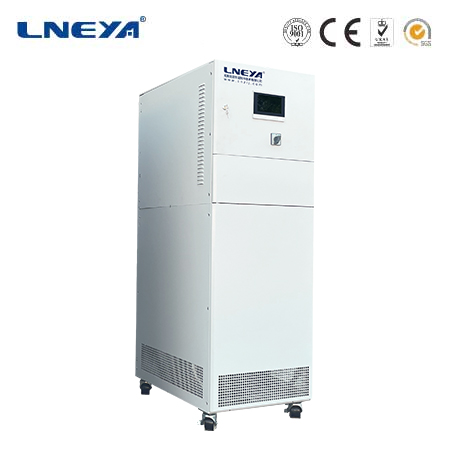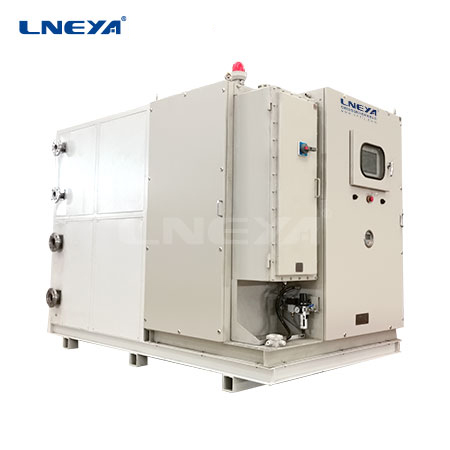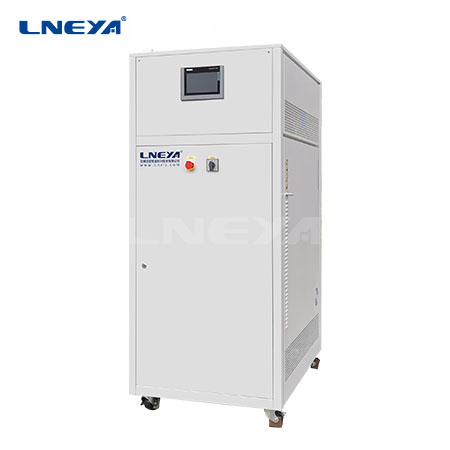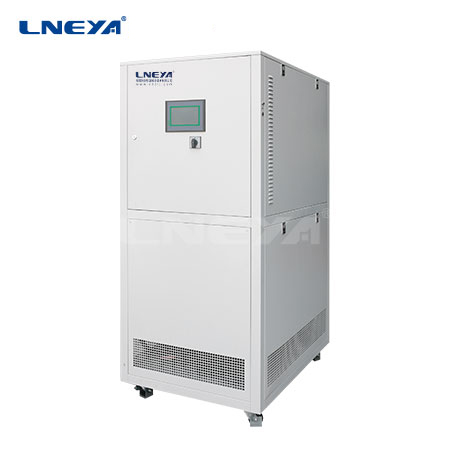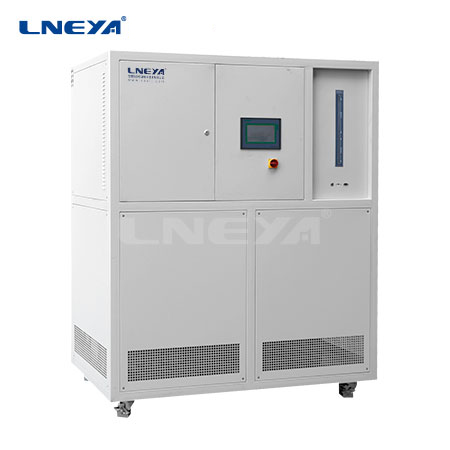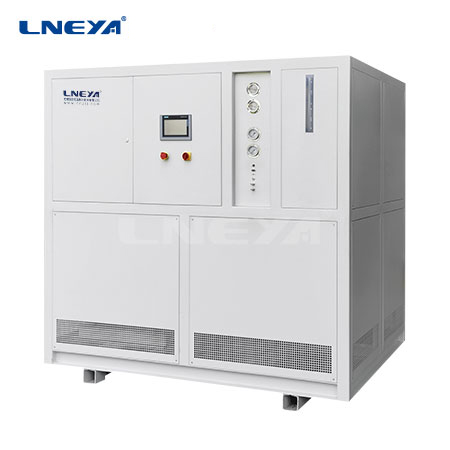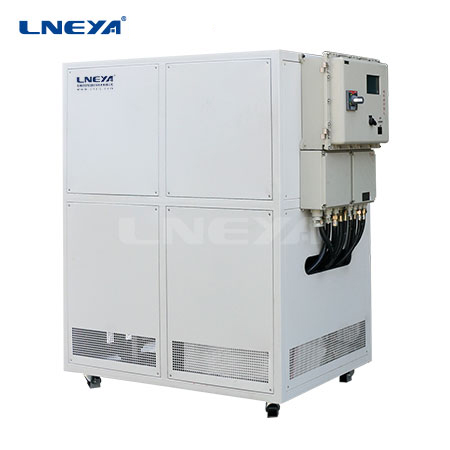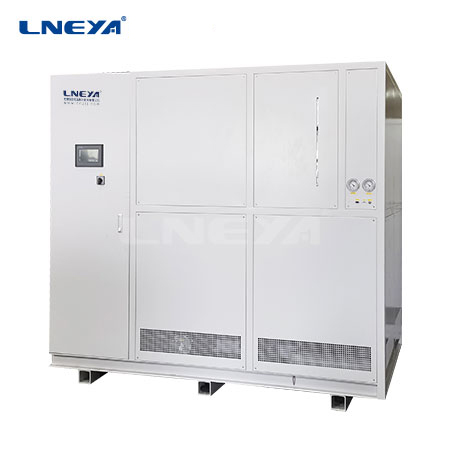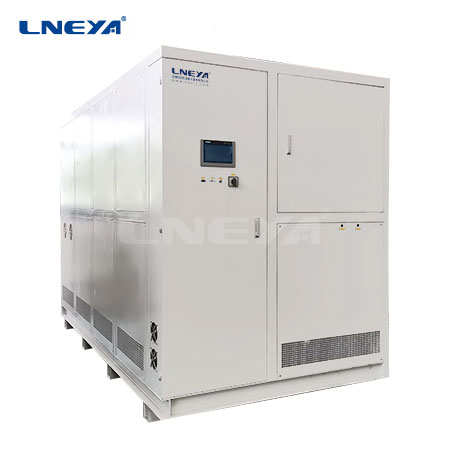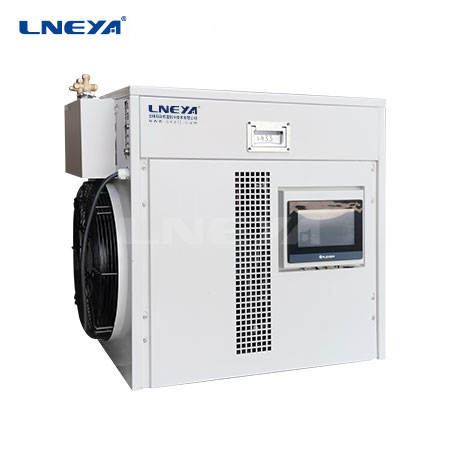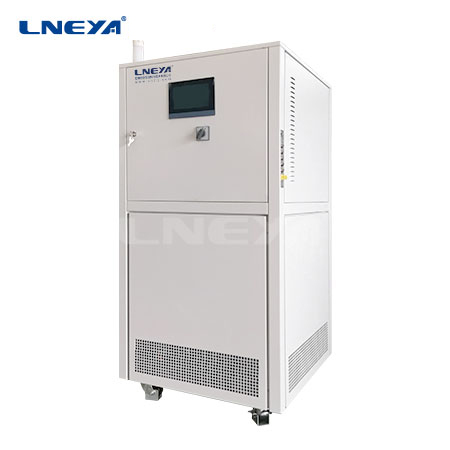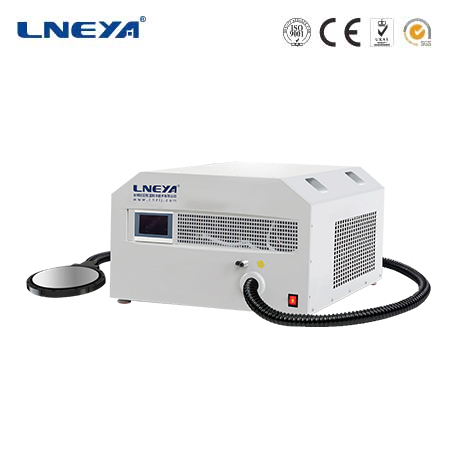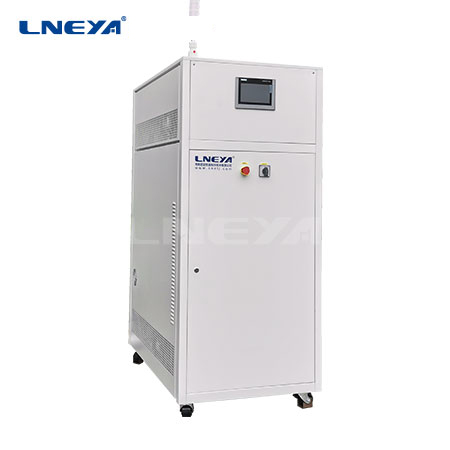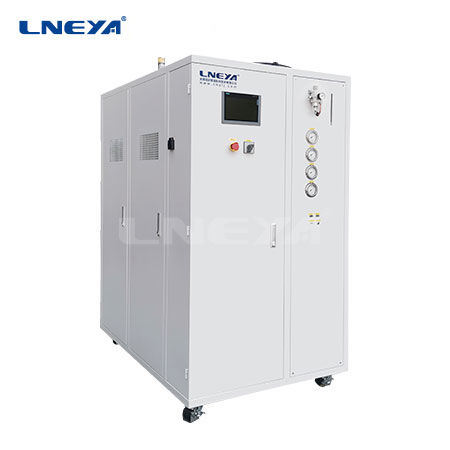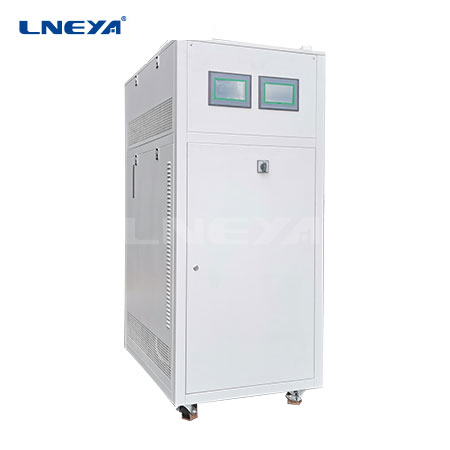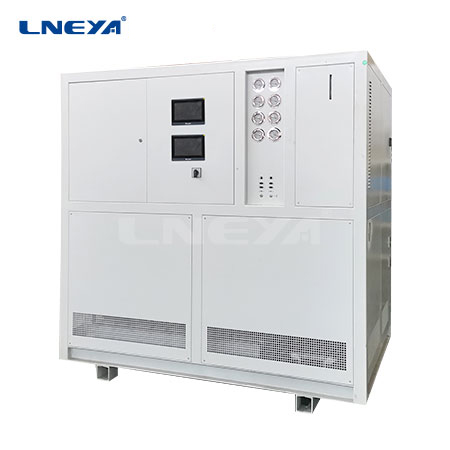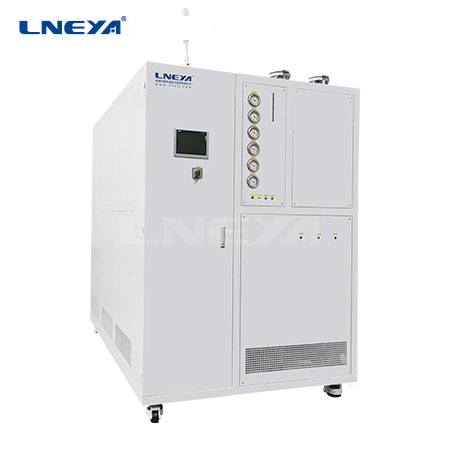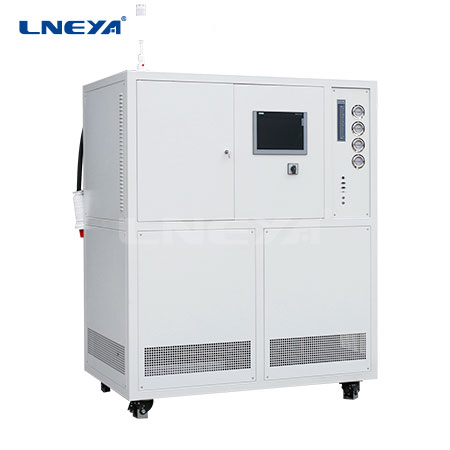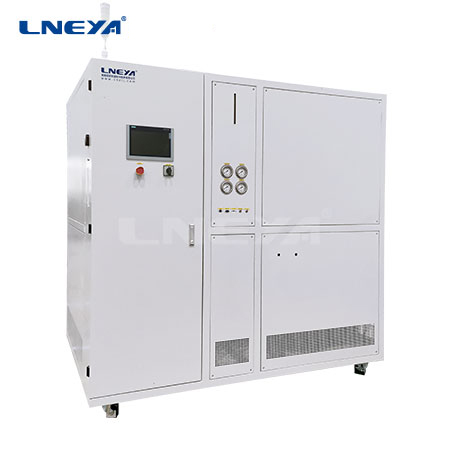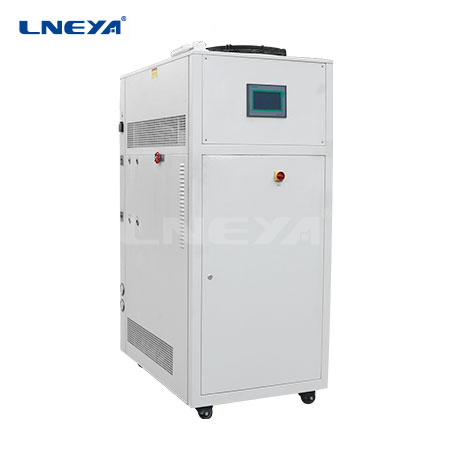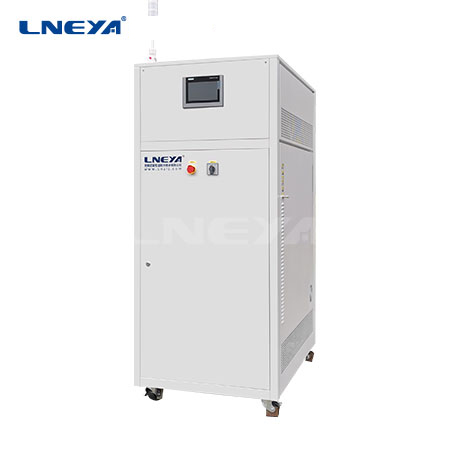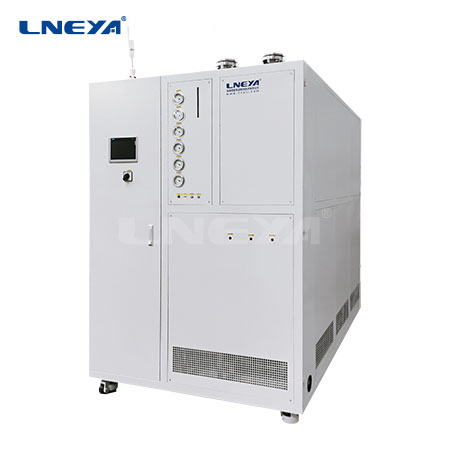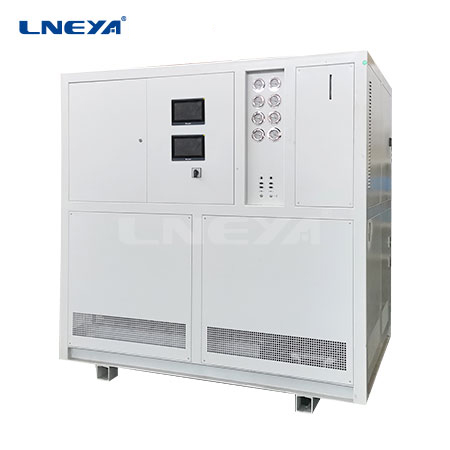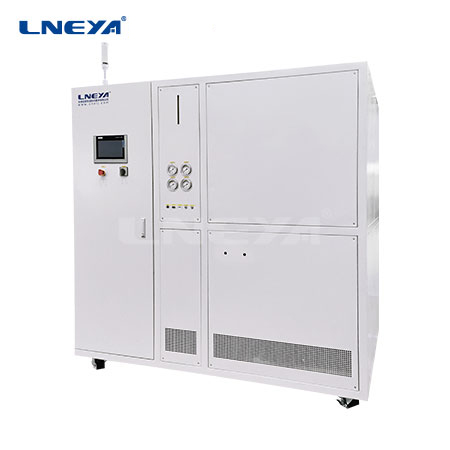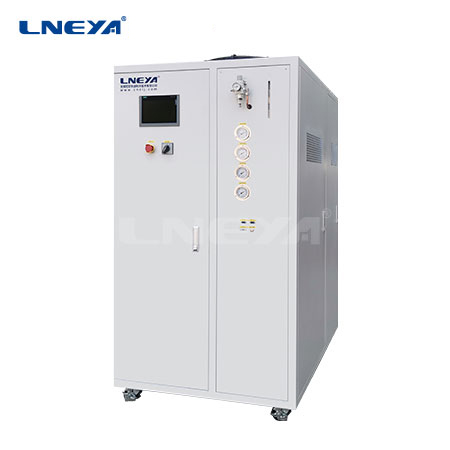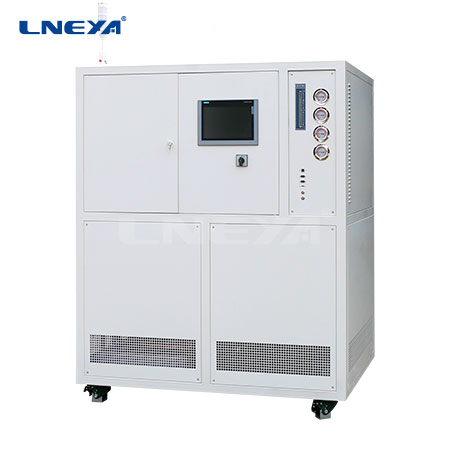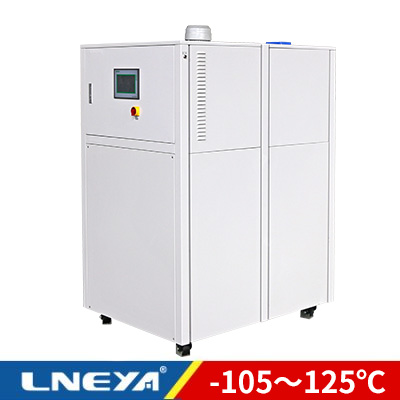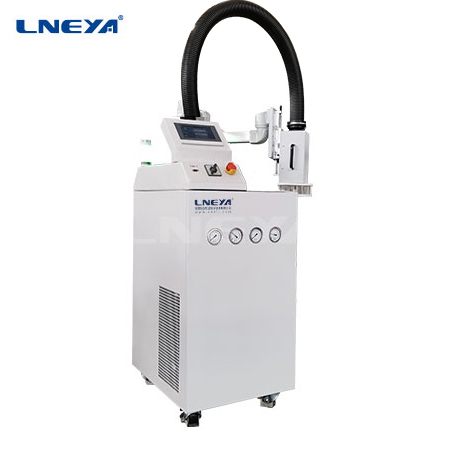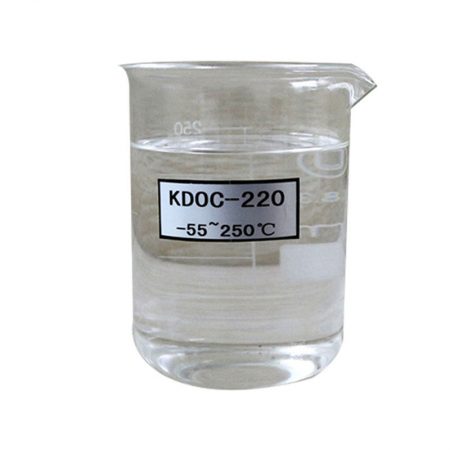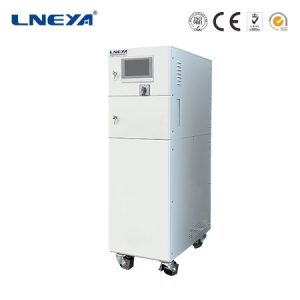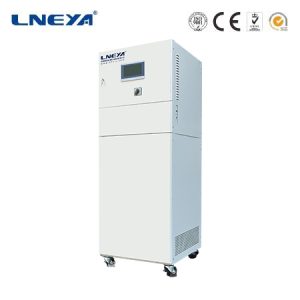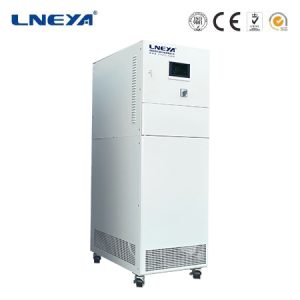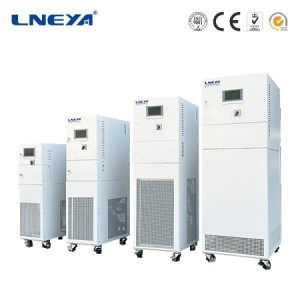Recirculating Cooling Water System
Overview of recirculating cooling water system
A cooling water system that uses water as the cooling medium and circulates it. Mainly composed of cooling equipment, water pumps and pipelines. After the cold water flows through the production equipment that needs to be cooled (often called heat exchange equipment, such as heat exchangers, condensers, reactors), the temperature rises. If it is discharged immediately, the cold water is only used once (called a once-through cooling water system), so that the cold water can be heated up. After flowing through the cooling equipment, the water temperature drops back and can be pumped back to the production equipment for reuse. The consumption of cold water is greatly reduced, often saving more than 95%. Cooling water accounts for about 70% of industrial water consumption. Therefore, the cooling water circulation system plays a role in saving a large amount of industrial water.

Classification of recirculating cooling water systems
Recirculating cooling water systems are divided into open and closed types, so cooling water circulation systems are also divided into open and closed types. Open systems are more complex to design and operate.
Open
There are two types of cooling equipment: cooling pools and cooling towers, both of which mainly rely on the evaporation of water to reduce water temperature. Furthermore, cooling towers often use fans to promote evaporation, and the cooling water is often blown away. Therefore, the open cooling water circulation system must be supplied with fresh water. The circulating water is concentrated due to evaporation, and the concentration process will promote salt scaling (see sediment control). Supplementary water has a dilution effect, and its flow rate is often determined based on the concentration limit of circulating water. Usually the amount of supplementary water exceeds the amount of water lost by evaporation and wind blowing, so some circulating water (called sewage) must be discharged to maintain the balance of water volume. recirculating cooling water system In an open system, due to the contact between water flow and the atmosphere, dust, microorganisms, etc. enter the circulating water; in addition, the escape of carbon dioxide and the leakage of materials in the heat exchange equipment also change the quality of the circulating water. For this reason, circulating cooling water often requires treatment, including sediment control, corrosion control and microbial control. The determination of the treatment method is often related to the quantity and quality of the make-up water, as well as the performance of the production equipment. When using multiple agents, possible chemical reactions between agents should be avoided.
Closed
The closed recirculating cooling water system uses closed cooling equipment. The circulating water flows in the tubes, and wind is usually used outside the tubes to dissipate heat. Except for material leakage from heat exchange equipment, there are no other factors that change the quality of circulating water. To prevent salt scaling in heat exchange equipment, cooling water sometimes needs to be softened. In order to prevent heat exchange equipment from being corroded, corrosion inhibitors are often added; safety must be paid when using high-concentration, highly toxic corrosion inhibitors, and the cooling water discharged during maintenance should be properly disposed of.
Application of recirculating cooling water system
Cooling of heat-generating parts of semiconductor manufacturing equipment:
Single wafer cleaning and reprinting, printing press, automatic chuck installation device, spraying device, ion plating device, etching device, single wafer processing device, slicer, packaging machine, developer temperature management, exposure device, heating of magnetizing parts Devices etc.
Cooling of the heating parts of the laser device:
Laser processing, heating part of welding machine, laser marking device, generating device, carbon dioxide laser processing machine, etc.
Cooling of heating parts of other industrial machines:
Plasma welding, automatic packaging machines, mold cooling, cleaning machinery, gold plating tanks, precision grinders, injection molding machines, molding parts of resin molding machines, etc.
Analyze and detect the cooling of the heating parts of the machine:
The light source of an electron microscope, the light source part of an ICP luminescence spectrometric analysis device, the heating part of a spectrophotometer, the heat source of an X-ray analysis device, the heating part of an automatic pulse banner, the light source of an atomic absorption photometer, etc.
Cooling of cooling medium for CNC machine tools and machining centers.
Correo electrónico: info@lneya.com WeChat ID: +8615251628237 WhatsApp: +86 17851209193
 Enfriadoras de precisión / Enfriadoras pequeñas
Enfriadoras de precisión / Enfriadoras pequeñas
El enfriador puede utilizarse ampliamente en diversas industrias y laboratorios, y admite diseños personalizados.
| Temperatura | -18°C ~ +30°C | Serie +5°C ~ +35°C |
| Capacidad de refrigeración | 0,35 ~ 0,9 kW | 1,8 ~ 50 kW |

Enfriadoras de recirculación
Nuestro enfriador de recirculación adopta tecnología de refrigeración de baja temperatura, la temperatura es tan baja como -120℃, y varios accesorios son personalizables.
| Temperatura | Serie -25°C ~ +30°C | Serie -45°C ~ +30°C | Serie -60°C ~ -20°C | Serie -80°C ~ -20°C | Serie -120°C ~ -70°C |
| Capacidad de refrigeración | 0,8 ~ 30 kW | 0,75 ~ 12 kW | 0,4 ~ 6kW | 0,2 ~ 6kW | 0,3 ~ 5kW |

Refrigeradores de baja temperatura
Estamos especializados en la producción de refrigeradores de baja temperatura con un rango de control de temperatura de hasta -150°C, que pueden satisfacer las necesidades de refrigeración de diferentes industrias.
| Temperatura | Serie -25°C ~ -5°C | Serie -45°C ~ -10°C | Serie -60°C ~ -10°C | Serie -80°C ~ -30°C | Serie -110°C ~ -50°C | Serie -150°C ~ -110°C |
| Capacidad de refrigeración | 12 ~ 360 kW | 6 ~ 180 kW | 6 ~ 180 kW | 4 ~ 180kW | 2 ~ 120kW | 2,5 ~ 11 kW |
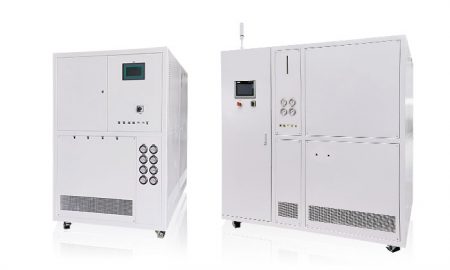 Enfriadoras para pruebas en automoción
Enfriadoras para pruebas en automoción
Simulación de temperatura para pruebas de calidad de vehículos: prueba de duración de baterías, banco de pruebas de inyectores/motores de combustible, prueba de airbags, banco de pruebas de componentes, etc.

Enfriadoras para semiconductores
Adecuado para el control preciso de la temperatura de los componentes electrónicos. En la fabricación de componentes electrónicos semiconductores para entornos adversos, las fases de ensamblaje de embalajes de CI y de pruebas de ingeniería y producción incluyen pruebas térmicas electrónicas y otras simulaciones de pruebas ambientales.
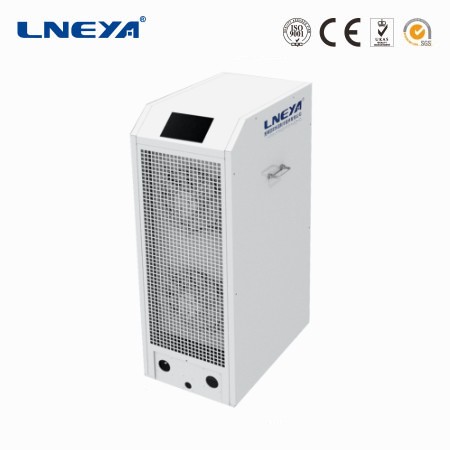
Refrigeración líquida para sistemas de almacenamiento de energía en baterías
| Tipos | Para estación de conversión | Para batería de almacenamiento de energía | Para estación de carga |
| Capacidad de refrigeración | 45 kW | 5 ~ 8,5 kW | 4kW |

Serie ZLFQ
Unidad de distribución de refrigerante
El equipo de refrigeración líquida es adecuado para pruebas de semiconductores, pruebas de temperatura constante de equipos electrónicos, infraestructura de soporte de servidores de refrigeración y otros lugares de control de temperatura de fluidos.
| Temperatura | +5°C ~ +35°C | +5°C ~ +35°C |
| Capacidad de refrigeración | 15 ~ 150 kW | 200 ~ 500 kW |

Serie de mandriles térmicos MD
Se utiliza para probar dispositivos de radiofrecuencia y dispositivos de potencia de alta densidad (IGBT y MOSFET), y también puede utilizarse para el enfriamiento rápido de paneles planos de laboratorio (plasma, productos biológicos, baterías), etc.
| Temperatura | -75°C ~ +225°C |
| Precisión de la temperatura | ±0.1℃ |

Refrigeradores de tornillo (Diseños a medida)
Refrigeradores de tornillo de baja temperatura y refrigeradores de tornillo a temperatura ambiente
| Temperatura | +5°C ~ +30°C | +5°C ~ +30°C | +5°C ~ +30°C | +5°C ~ +30°C | -25°C ~ +5°C | -25°C ~ +5°C |
| Capacidad de refrigeración | 107 ~ 1027 kW (compresor único) | 299 ~ 2134 kW (compresor doble) | 98 ~ 934 kW (compresor único) | 272 ~ 1940 kW (compresor doble) | 48 ~ 467 kW (un compresor) | 51 ~ 497 kW (compresor único) |
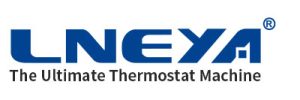 LNEYA
LNEYA
 简体中文
简体中文










